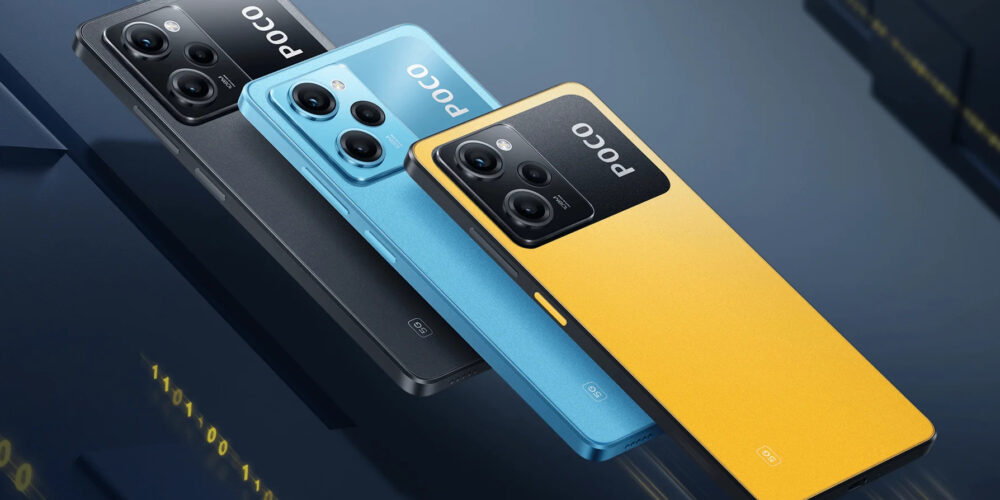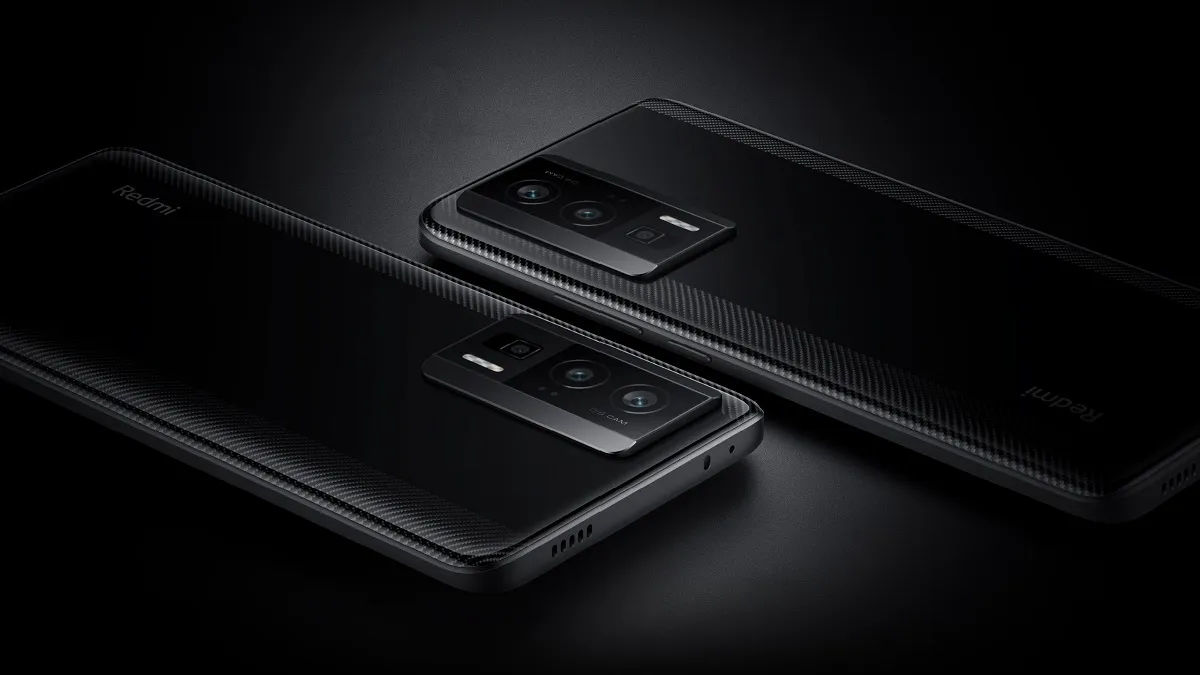Apple RCS for iPhone-Android Communication in 2024

Introductions
In a bid to revolutionize the messaging experience between iPhone and Android users, Apple is set to integrate the RCS (Rich Communication Services) protocol into its devices by 2024. This move is expected to bring a host of advanced messaging features, aligning the iPhone’s communication capabilities with Android devices. Let’s delve into the details and implications of this groundbreaking announcement.
What is RCS and How Will It Benefit iPhone Users?
RCS, or Rich Communication Services, is a messaging protocol that goes beyond traditional SMS and MMS. It introduces features like reading receipts, typing indicators, and the ability to share high-quality images and videos. The significant advantage of RCS is its compatibility with both mobile data and Wi-Fi, ensuring seamless communication under various circumstances.
Apple’s decision to embrace RCS means that iPhone users will soon enjoy enhanced messaging capabilities. According to a statement by an Apple spokesperson, the support for RCS Universal Profile will offer a superior interoperability experience compared to SMS or MMS. This upgrade will complement iMessage, which will continue to provide the best and most secure messaging experience exclusively for Apple users.
Also See: Apple Rolls Out iOS 17.0.3 Update to Tackle iPhone 15 Pro Overheating Problem
When Can We Expect the RCS Integration?
The implementation of RCS on iPhone models is slated for a software update in the coming year. This update will bring a plethora of iMessage-style features to iPhone-Android messaging, including read receipts, typing indicators, and the ability to share high-resolution photos and videos. Adopting RCS is a significant step towards bridging the communication gap between Android and iPhone users.
Google’s Perspective on the Integration
Hiroshi Lockheimer, Google’s Senior Vice President of Platforms and Ecosystems, expressed enthusiasm for Apple’s move on X (formerly Twitter). His statement, “Everybody should have secure and modern messaging without worrying what kind of phone they’re texting to. So glad to see Apple joining our ongoing work with the GSMA on RCS to make texting better for all!” underscores the industry-wide impact of this development.
Balancing Communication: A Step Towards Interoperability
While Apple had initially resisted adopting the RCS standard, the current decision marks a pivotal moment in fostering balanced communication between Android and iPhone models. The compatibility of RCS with both cellular and Wi-Fi networks will ensure a seamless and enriched messaging experience for users across platforms.
Conclusion
In conclusion, Apple’s adoption of RCS for iPhone-Android communication signifies a positive stride towards a more connected and interoperable digital ecosystem. The upcoming software update promises to elevate the messaging experience for iPhone users, aligning it with the advanced features already enjoyed by Android users. As we move towards 2024, the integration of RCS is set to redefine the landscape of cross-platform messaging.
Engaging FAQs
- Q: Will iMessage remain exclusive to Apple devices?
- A: Yes, iMessage will continue to be exclusive to Apple devices, offering a secure and premium messaging experience.
- Q: When can we expect the RCS integration on iPhone models?
- A: The RCS integration is scheduled for a software update next year, bringing advanced messaging features to iPhone users.
- Q: What benefits does RCS offer over traditional SMS and MMS?
- A: RCS introduces features like read receipts, typing indicators, and the ability to share high-quality images and videos, enhancing the overall messaging experience.
- Q: How does RCS work with mobile data and Wi-Fi?
- A: RCS is compatible with both mobile data and Wi-Fi, ensuring seamless communication regardless of the network type.
- Q: Why did Apple decide to adopt RCS after resisting it for some time?
- A: Apple’s decision to adopt RCS reflects a commitment to providing users with an improved and interoperable messaging experience, aligning with industry standards.






























